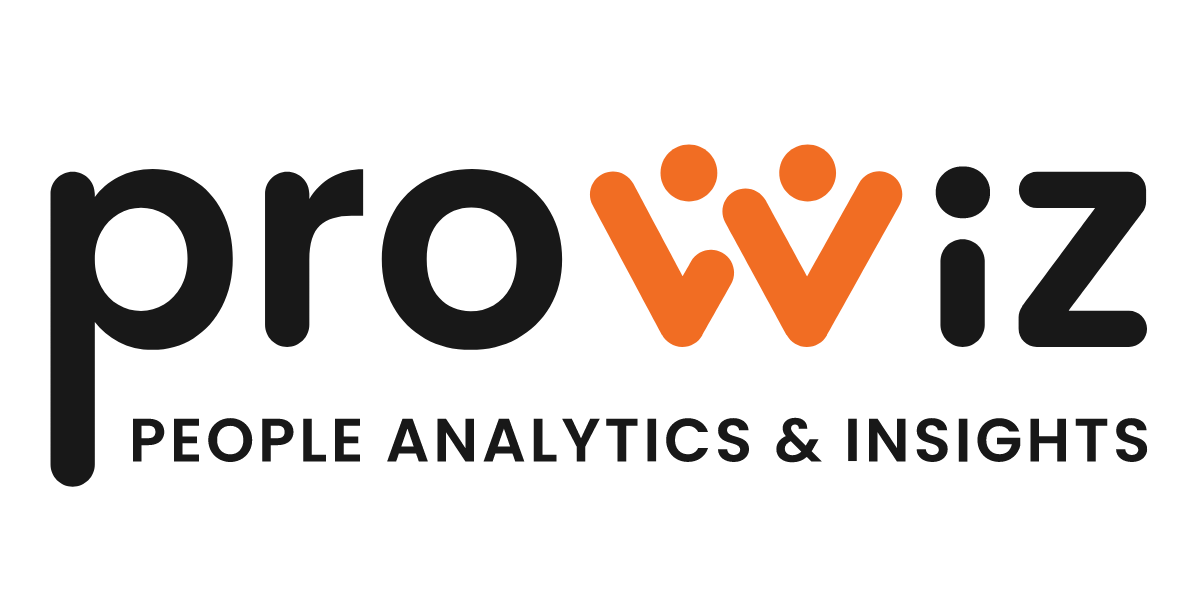In the ever-evolving realm of education and learning, where information flows abundantly and accessibility to understanding is just a click away, student-driven encyclopedias are becoming a vibrant tool in the learning procedure.

These platforms not only provide pupils with a database of information but also urge them to contribute, edit, and curate material, promoting a joint and interactive learning atmosphere.
As instructional standards change towards even more participatory and inclusive versions, the concept of student-driven encyclopedias embodies this makeover. These platforms equip trainees to come to be active individuals in understanding development, connecting the space between conventional book understanding and modern-day digital sources.
The Principle of Student-Driven Encyclopedias
Student-driven encyclopedias are electronic systems where trainees jointly collect, verify, and share info on a broad variety of topics. Unlike conventional encyclopedias, which are typically created by specialists, these systems leverage the collective initiatives of students to develop an extensive body of knowledge.

At their core, student-driven encyclopedias are designed to grow essential thinking, research abilities, and digital proficiency among students. By participating in the process of material development, pupils discover to browse and review info critically, abilities that are important in today’s information-rich society.
In addition, these platforms work as a room for students to explore their passions and share their experience. This democratic technique to understanding development ensures that a diverse range of point of views and voices are stood for, enriching the finding out experience for all participants.
- Trainees gain hands-on experience in research study and material production.
- Urges partnership and peer interaction.
- Promotes a much deeper understanding of subject matter.
- Fosters inclusivity and variety in expertise depiction.
In essence, student-driven encyclopedias transform trainees from easy recipients of information into active contributors, instilling a feeling of possession and duty in their instructional journey.
Advantages of Student-Driven Encyclopedias
Among the major advantages of student-driven encyclopedias is the development of essential 21st-century abilities. As trainees take part in the process of content development, they hone their vital reasoning, digital proficiency, and interaction abilities, every one of which are critical in today’s interconnected world.
In addition, these systems encourage a collective understanding environment, where pupils can interact to confirm details, debate different perspectives, and co-edit posts. This peer-to-peer interaction not only boosts finding out end results however also fosters a feeling of area and mutual regard among pupils.
In addition, student-driven encyclopedias provide a platform for showcasing student work. As trainees add to the encyclopedia, they construct a profile of their study and writing, which can be important for additional scholastic and specialist searches.
Difficulties and Limitations
Despite the numerous advantages, student-driven encyclopedias also deal with particular obstacles. Making sure the accuracy and integrity of details is critical, as these platforms depend on payments from pupils who might not yet possess expert-level expertise.
- Keeping material top quality and accuracy.
- Offering appropriate supervision and support.
- Guaranteeing equitable gain access to and inclusivity.
To reduce these challenges, numerous student-driven encyclopedias implement a system of checks and equilibriums, where content is assessed by teachers or professionals before publication. This ensures that the details offered is both precise and trustworthy, supporting the stability of the system.
The Future of Student-Driven Encyclopedias
As innovation remains to development and the landscape of education and learning develops, the potential for student-driven encyclopedias is vast. These platforms have the capability to not just enhance traditional educational resources however likewise redefine the way knowledge is acquired and shared.
In the future, we might see student-driven encyclopedias incorporating more advanced innovations such as expert system and machine learning to improve material curation and personalization. Additionally, they might expand past textual information to consist of multimedia material, providing a much more immersive discovering experience.
Empowering the Future Generation
Student-driven encyclopedias hold the assurance of empowering the next generation of students. By positioning trainees at the helm of knowledge production, these platforms encourage lifelong learning, curiosity, and intellectual self-reliance.
In conclusion, as educational systems continue to innovate, student-driven encyclopedias stand as a testament to the power of cooperation and the value of pupil firm in the discovering procedure. By embracing these systems, we unlock to a much student-driven encyclopedia more comprehensive, interesting, and vibrant educational experience for all.

